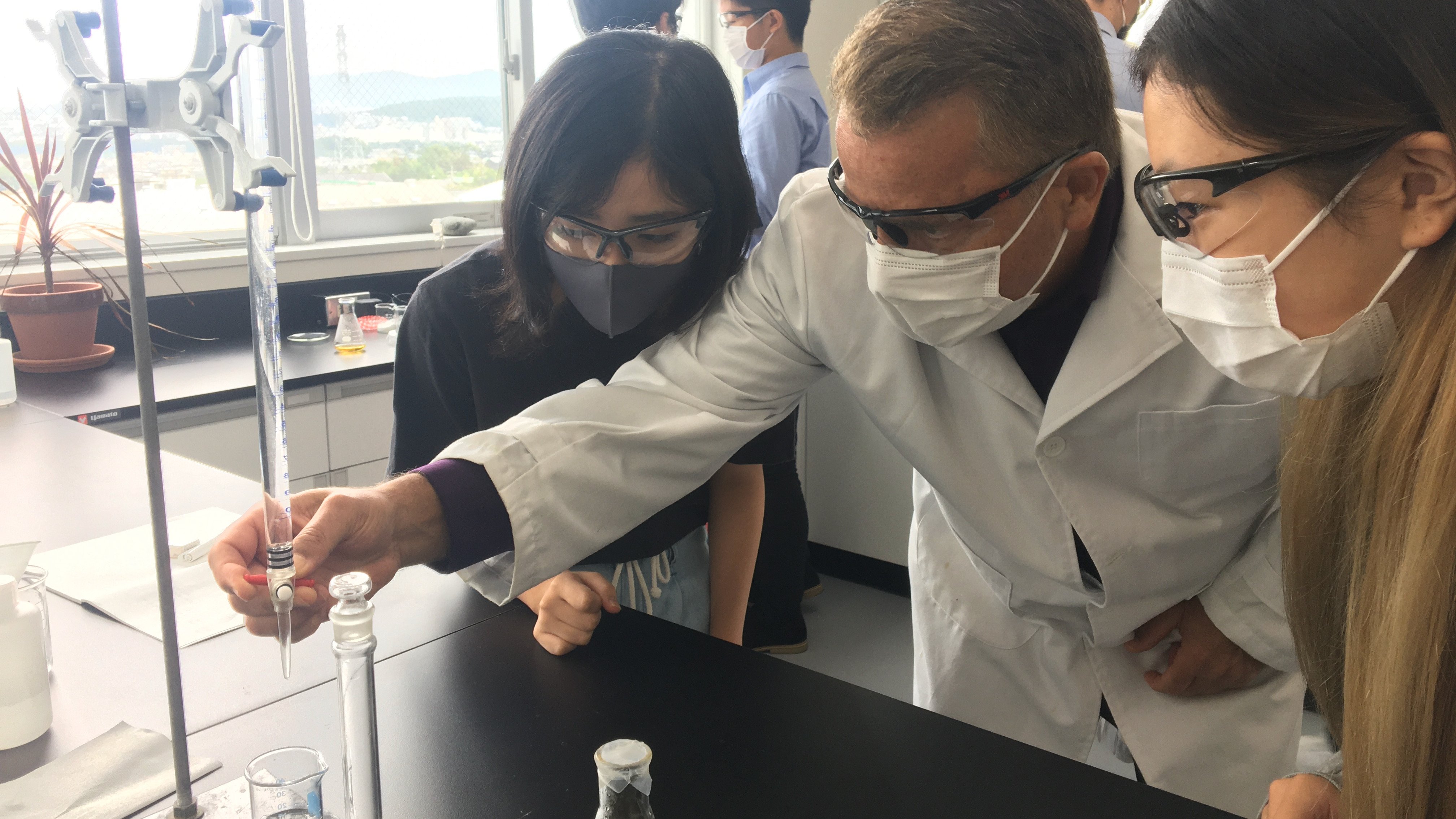
At NIS, learning is defined as “a dynamic process which results in the sustained and demonstrable consolidation or extension of conceptual understanding, skills and dispositions.” Wow, that is somewhat of a difficult sentence to digest on the first pass. So let’s break it down!
Learning Is Not Just for the Classroom
We understand that learning doesn’t just happen by sitting in the classroom and going through the formal curriculum selected by the school. Learning is also happening through the wider co-curricular activities and community life experienced here. And because of this, NIS recognizes that, along with student well-being, that all of our programs, policies, teaching practices, and learning initiatives need to be planned for and evaluated with our students and their learning at the very center. In other words, everything we do here is passed through the filter of ‘what is to be learned here.’
Specifically, NIS recognizes that learning occurs in conceptual understanding, grasping relevant skills or competencies, and developing the dispositions of global citizenship. As such, both the formal and informal curriculum, and how it is taught and learned, will reflect the different ways that conceptual, competency, and character learning occur in the student.
Conceptual Learning
So let's take a look at the term 'Conceptual Learning,' what it means and why it is important. Conceptual Learning happens when students are:
- connecting new knowledge to prior understanding and to important concepts
- constructing their own theories of:
- how things work
- why things are the way they are
- testing their theories in different contexts in order to:
- refine them so they have more power to explain the world around them
- see when, where, and how they apply
Competency Learning
Then there is Competency Learning, or acquiring a skill and being able to perform it, whether it is a complex physics calculation or a particular drill in P.E., Competency Learning is happening when learners are:
- deconstructing expert performance and comparing it with their own
- identifying the adjustments needed in order to improve
- practicing to refine the skill and so enable their performance or execution to become increasingly instinctive
Dispositional Learning
But grasping big ideas and honing skills is only part of the picture. At NIS we put equal emphasis on Dispositional Learning. To understand what that looks like, Dispositional Learning is happening when learners are:
- developing the ability to enact the skills relevant to a given disposition
- developing the sensitivity of WHEN and HOW to use those skills to enact the disposition
- developing the inclination to use those skills at the right time and place in order to enact the disposition
- reflecting on the effects of these actions, owning responsibility, and committing to future growth
Last Thought
In addition, fundamentally all learning should occur when learners are experiencing a ‘good struggle’ inside their zone of proximal development. With the framework of the International Baccalaureate (IB) curriculum and co-curricular and community life that surround these curricular experiences, NIS is dedicated to helping students find their place in the global world and have the skills and courage to do great things! Simplified, that is what learning at NIS is all about.



